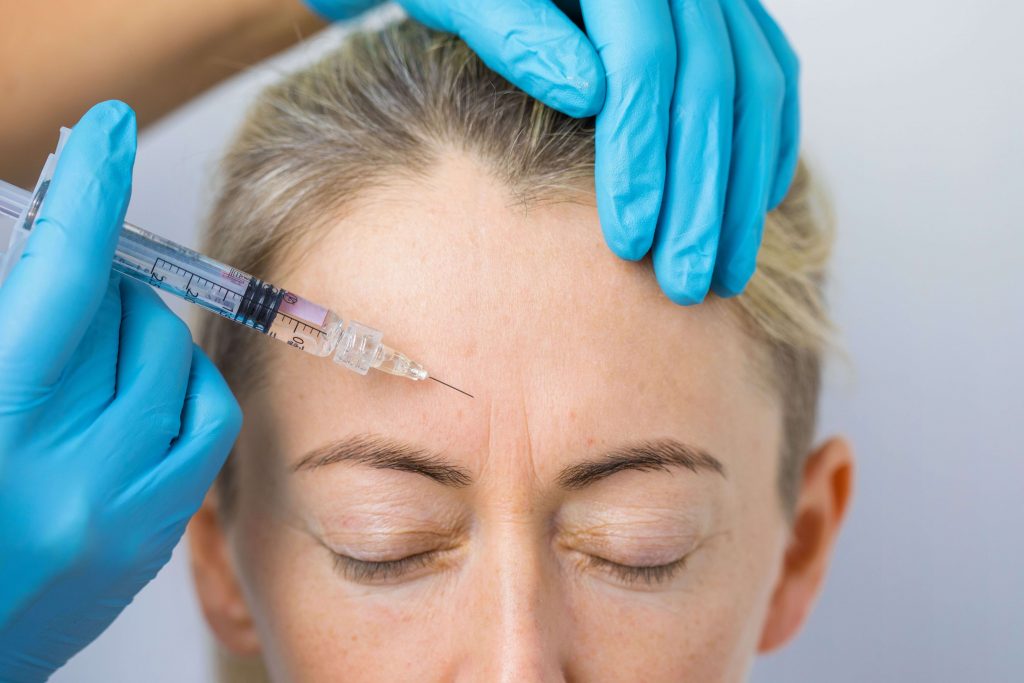An aesthetic practitioner is a skilled expert who performs non-surgical cosmetic procedures to help their clients achieve aesthetic improvements. For aesthetic medicine practitioners, there are chances to specialise in a particular field or develop specialised abilities across various treatments.
It can be challenging to get your career started as an aesthetic practitioner, whether you are a medical professional looking to make a move to aesthetics or a therapist looking to learn more advanced treatments. We are here to help.
To study as an aesthetician, you need:
- Assess your current qualifications.
- Register for relevant training courses.
- Get cosmetic Insurance.
- Apply to be a Practitioner and increase your client base.
1. Check your current qualifications
It is crucial to assess your current qualifications before you begin. A majority of aesthetic practitioners will be practising doctors. Therefore, they will have a degree, either in medicine or nursing. A degree is not mandatory.
Beauty therapists, dental therapists, hygienists, and other medical professionals (such as paramedics, physiotherapists, and physiotherapists) are eligible to learn and finish specific aesthetic procedures. For example, a dermal filler course for beginners could be for you even though you aren’t a nurse.
Health Education England insists that all delegates have to complete Level 6 or 7 qualifications from an accrediting training provider before being able to perform any aesthetic procedures. A medical degree is an option if your field of interest requires it. A degree will open up more opportunities for you to work with medical professionals and a broader client base.
2. Register for Aesthetics Education Courses
Next, sign-up for aesthetics courses that best suit your skills and interests. Trainers will need to make clear who is eligible.
Este Training Academy accepts healthcare professionals, nurses and dentists. Pharmacists, dentists, and paramedics can participate in most of our courses. Ensure that your course gives you the skills and qualifications necessary to do the job well.
3. Get Cosmetics Insurance
To be insured, professionals in the health and beauty industry must hold UK certifications.
After becoming qualified, you will be able to get insured. Many insurance policies cover medical negligence, public and product liability, and personal accident coverage.
4. Apply to Practitioner & Develop Client Base
Your CV should highlight your new skills and knowledge. Then, apply for positions that match your qualifications. Once you get your foot in front, make good connections with your clients to increase your client base.
It doesn’t stop there. You can still improve and grow your skills through aesthetic courses.
Este Training Academy has been a leader in providing high-quality aesthetic training and supplies for patients across the UK. Our affordable programs cover all aspects relevant to aesthetic procedures and have been used by over 1000 individuals. There are courses for beginners and advanced individuals.
